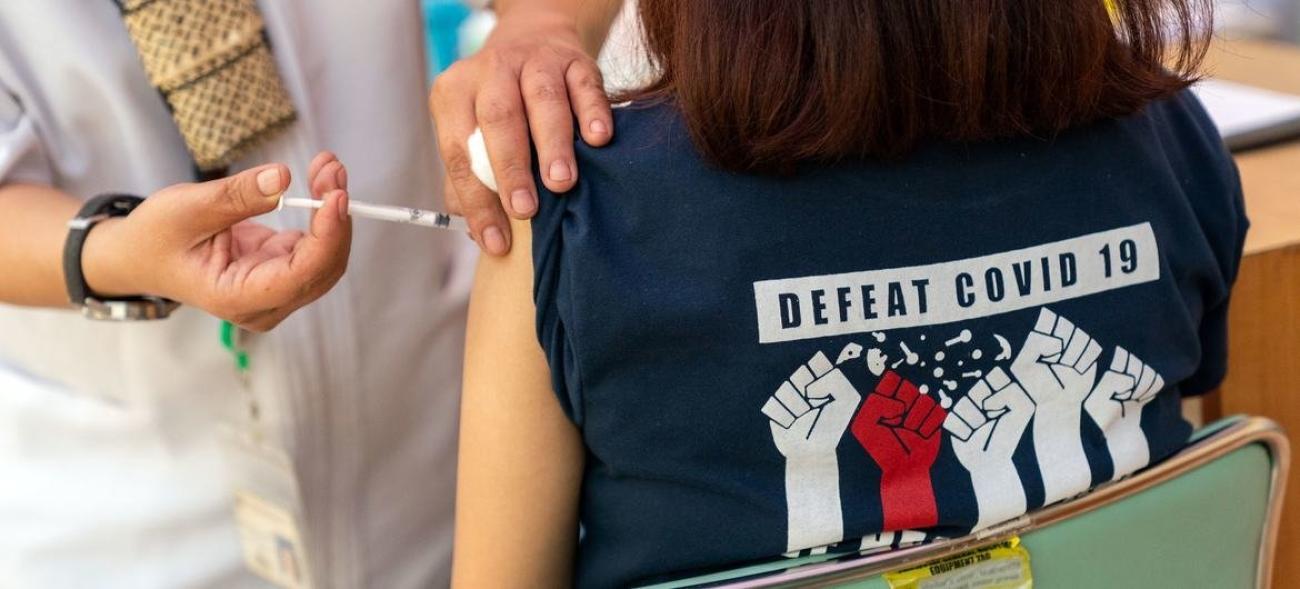The world must accept that COVID-19 is with us “for the foreseeable future”, even if it is possible to end the acute phase of the pandemic this year, UN health agency chief, Tedros Adhanom Ghebreyesus, said on Monday.
Speaking in Geneva, World Health Organization (WHO) Director-General Tedros noted that on average last week, 100 cases were reported every three seconds, and somebody lost their life to the coronavirus every 12 seconds.
It is still “dangerous to assume that Omicron will be the last variant, or that we are in the endgame” of the pandemic, he said.
“On the contrary, globally, the conditions are ideal for more variants to emerge,” Tedros insisted, exactly two years and a day since he declared the deadly virus a public health emergency of international concern.
In an appeal to WHO Member States, Tedros said that their top priorities should be to stop future health threats from taking hold and causing such massive disruption to “health systems, economies and societies the world over”.
Two years into the pandemic, with almost 350 million cases reported and more than 5.5 million deaths – numbers known to be an “underestimate” - Tedros insisted that many other measures needed to be implemented to protect the most vulnerable.
“Learning to live with COVID cannot mean that we give this virus a free ride,” he noted. “It cannot mean that we accept almost 50,000 deaths a week, from a preventable and treatable disease. It cannot mean that we accept an unacceptable burden on our health systems, when every day, exhausted health workers go once again to the front line.”
Repeating his call for all countries to vaccinate 70 per cent of their populations to help bring an end to the acute phase of the pandemic, the WHO Director-General said that 86 States across all regions had been unable to reach last year’s target of vaccinating 40 per cent of their populations.
More than 30 countries - mostly in Africa and the Eastern Mediterranean - have not vaccinated even 10 per cent of their populations and 85 per cent of people in Africa have yet to receive a single dose of vaccine.
Also at WHO headquarters on Monday, top agency officials warned of the ongoing challenges posed to national vaccination campaigns as a direct result of wilful misinformation about COVID-19 jabs and treatment.
“This is a huge problem that we’ve been dealing with, not just with vaccines but with vaccines but throughout this entire pandemic,” said Dr Maria van Kerkhove, WHO COVID-19 Technical Lead. “Disinformation-misinformation kills and it travels faster than viruses…We really need people to pass good information to each other.”


